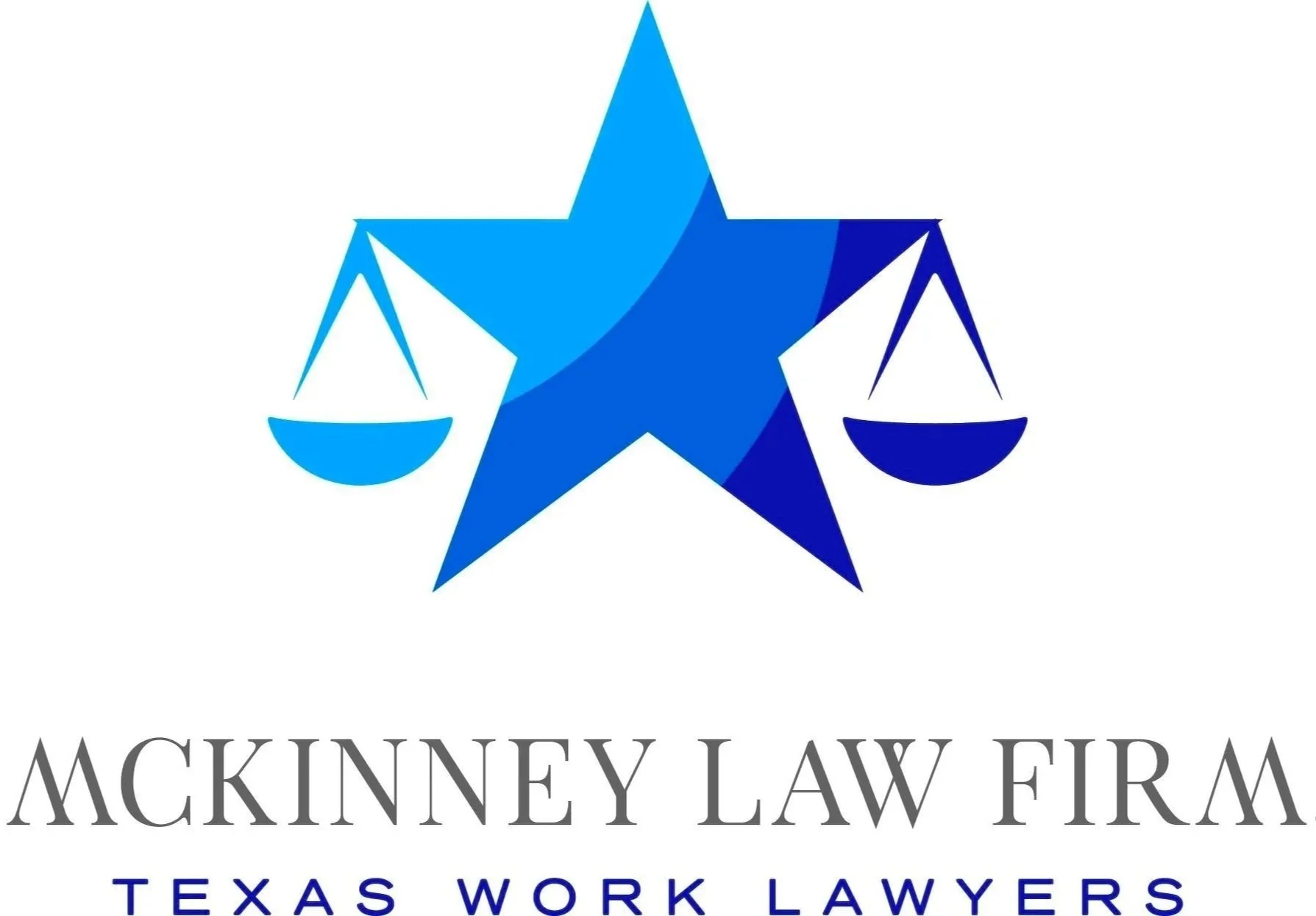Fired for a Skirt? Dentist Pays $61K After Refusing Religious Dress Code Exemption
/A dental company has agreed to pay $61,000 to settle a claim brought by the U.S. Equal Employment Opportunity Commission because it refused to grant a religious accommodation requested by an employee. The worker, who sought to wear a scrub skirt instead of pants due to her faith, was denied and later fired when she couldn’t comply. The EEOC handled the matter before litigation, and the settlement came during pre‑litigation conciliation.
Under Title VII of the Civil Rights Act, employers are required to reasonably accommodate sincerely held religious beliefs unless doing so would cause an undue hardship—meaning more than minimal operational or financial burden on the business. In this case, the EEOC argued that allowing the scrub skirt would not have imposed such hardship, and that the company’s refusal violated federal law. While there’s no specific federal statute governing dress codes, they can still trigger discrimination claims under Title VII when religious beliefs are involved. The EEOC continues to enforce these protections—even in seemingly small workplace matters.
The dental practice opted to settle rather than go to court. Settlements like this avoid the cost and uncertainty of litigation, and often signal that employers see value in resolving claims early. Employers should take note: dress codes should be applied fairly, and exemption requests based on religion must be evaluated with care—not simply dismissed.
Even though dress code policies seem straightforward, this case shows that they can raise serious legal issues when they conflict with deeply held religious convictions. Employers should engage in good‑faith discussions, consider alternatives, and document decisions carefully to avoid costly claims or settlements.









